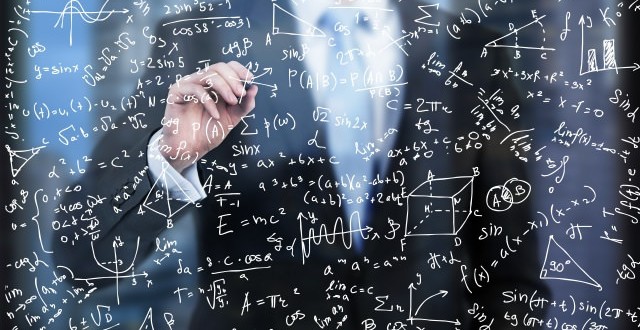As a 10-year-old boy in the 1960s, Andrew Wiles happened across a book in his local library called The Last Problem, which detailed a ~330-year-old struggle to solve the most longstanding unsolved problem in the history of mathematics: Fermat’s Last Theorem.
The seemingly simple equation, which said for any three whole numbers a, b and c, the equation an + bn = cn could not be satisfied by any whole number greater than 2, became an enigma to the rest of the world with Fermat’s death in 1665. Although, he claimed to have discovered a proof for the puzzle, the mathematician never provided one, leaving experts to spawn a number of unsuccessful proofs over the course of centuries.
The problem remained unsolved until 1994, when British number theorist Andrew Wiles, fascinated by the problem since he was 10-years-old, cracked the theorem. His contribution to the subject allowed researchers significant advances in the field.
However, it wasn’t until now (more than two decades later), that Wiles was finally recognized for solving the world’s toughest and longest-running mathematical mystery. On Tuesday, the Norwegian Academy of Science and Letters awarded him the hugely prestigious 2016 Abel Prize – often described as Nobel for mathematics – along with a $700,000 windfall.
“This problem captivated me,” Wiles, who is 62 and now professor at the University of Oxford, told the Guardian. “It was the most famous popular problem in mathematics, although I didn’t know that at the time. What amazed me was that there were some unsolved problems that someone who was 10 years old could understand and even try. And I tried it throughout my teenage years. When I first went to college I thought I had a proof, but it turned out to be wrong.”
Although the accolade comes a decade (or two) too late, the math genius considers it a “tremendous honor.”
“I was very lucky that not only did I solve the problem, but I opened the door for a whole new era in my field,” he added. “You never forget the moment you have these great breakthroughs – it’s what you live for.”
Agencies/Canadajournal

 Canada Journal – News of the World Articles and videos to bring you the biggest Canadian news stories from across the country every day
Canada Journal – News of the World Articles and videos to bring you the biggest Canadian news stories from across the country every day

